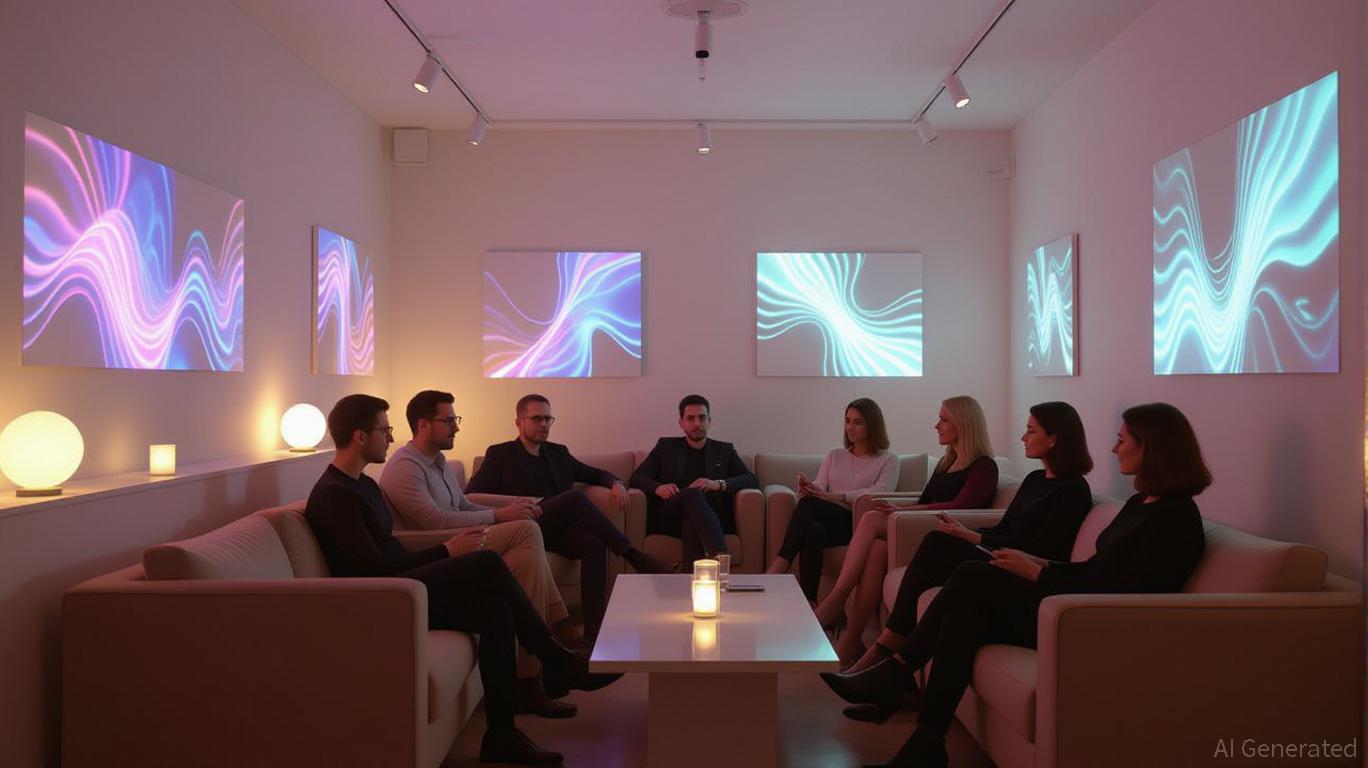
In the ever-evolving landscape of private equity (PE) investments, the proposed $1.8 billion buyout of Soho House & Co. by Ron Burkle’s Yucaipa Companies and a consortium of investors has emerged as a pivotal case study. This deal, offering $9 per share—a 22% premium over its recent closing price—reflects a broader shift in investor strategy toward hybrid physical-digital membership models in exclusive lifestyle brands. As Soho House navigates its transformation from a public company to a private entity, the transaction underscores both the opportunities and risks inherent in leveraging PE capital to sustain premium valuations in a post-pandemic, tech-obsessed consumer environment.
The Soho House Bid: A Bellwether for Hybrid Value Creation
Soho House’s journey from a 1995 London members’ club to a global brand with 46 locations and 270,000 members has been marked by rapid expansion and a delicate balancing act between exclusivity and scalability. The company’s 2021 IPO, which valued it at $2.8 billion, was met with skepticism from investors who questioned its ability to maintain profitability amid rising operational costs and a crowded market. By 2025, its stock had plummeted by nearly 50%, prompting Burkle to spearhead a take-private bid.
The proposed buyout, supported by Apollo Global Management’s $700 million in financing, hinges on Soho House’s recent financial turnaround. The company reported consecutive quarters of profitability for the first time in its history, driven by membership growth and ancillary revenue from food, wellness, and co-working spaces. This resilience has attracted PE firms seeking to capitalize on the hybrid model’s potential: blending physical clubhouses with digital tools like app-based membership management, virtual events, and AI-driven personalization.
Investors are betting that private ownership will allow Soho House to prioritize long-term value creation over quarterly earnings pressures. The deal’s $9-per-share price tag, while a discount to its IPO valuation, represents a strategic pivot. By removing the company from public markets, Burkle and his partners aim to reinvest in technology and member experience, aligning with the post-pandemic demand for immersive, tech-enhanced lifestyles.
Risks of Cultural Dilution: The Exclusivity Paradox
Yet, the Soho House bid is not without controversy. Activist investor Dan Loeb has criticized the offer as a “sweetheart deal,” arguing that Burkle’s super-voting shares and Apollo’s involvement create conflicts of interest. More fundamentally, Loeb raises a critical question: Can a PE-backed Soho House maintain its cultural cachet while scaling?
The brand’s identity has always been rooted in exclusivity—a concept increasingly at odds with the democratizing forces of digital expansion. Soho House’s recent halting of new memberships in key cities and its focus on facility upgrades (e.g., the Mews House in London) signal an attempt to preserve its aura. However, the very act of going private may accelerate the dilution of its brand. Private equity’s emphasis on cost-cutting and operational efficiency could clash with the labor-intensive, artisanal nature of Soho House’s offerings.
Moreover, the rise of phygital (physical-digital) retail models, as explored in academic studies, highlights the tension between innovation and authenticity. While Soho House’s integration of digital tools—such as AR-enhanced events and virtual wellness programs—could attract younger, tech-savvy members, it risks alienating the brand’s core demographic, which values in-person, human-centric experiences.
Brand Experience as a Premium Sustainer
The success of the Soho House buyout will ultimately depend on its ability to harmonize physical and digital experiences without compromising its cultural essence. Post-pandemic consumer behavior has shifted toward “conscious hedonism”—a desire for indulgence that aligns with personal values. For Soho House, this means crafting experiences that are both exclusive and ethically resonant, such as sustainability-focused events or partnerships with artisanal brands.
PE-backed lifestyle brands must also navigate the paradox of scale. While private equity’s capital allows for aggressive expansion, it demands returns that often require commodifying unique experiences. Soho House’s recent foray into wellness and co-working—segments with higher margins than traditional hospitality—demonstrates a strategic attempt to diversify revenue streams while maintaining its premium positioning.
Investment Implications and the Road Ahead
For investors, the Soho House bid offers a microcosm of the broader PE landscape in lifestyle brands. The deal’s outcome will hinge on three factors:
1. Governance Scrutiny: The Special Committee’s evaluation of the offer and the ongoing legal investigation into potential conflicts of interest could delay or derail the transaction.
2. Cultural Preservation: Soho House’s ability to innovate without losing its exclusivity-driven identity will determine its long-term value.
3. Hybrid Model Execution: The integration of digital tools into physical spaces must enhance, not replace, the human-centric experiences that define the brand.
If the buyout succeeds, it could set a precedent for PE firms targeting other members-only clubs and lifestyle brands. However, investors should remain cautious. The risks of cultural dilution and governance missteps are real, and the market’s reaction to Soho House’s stock price (which has already fallen 50% since its IPO) suggests lingering skepticism.
In the end, Soho House’s story is not just about a single deal—it’s a test of whether private equity can adapt its playbook to the demands of a post-pandemic world where brand experience is as valuable as financial engineering. For investors, the lesson is clear: in the hybrid era, the most successful PE-backed lifestyle brands will be those that treat culture as an asset, not an afterthought.

